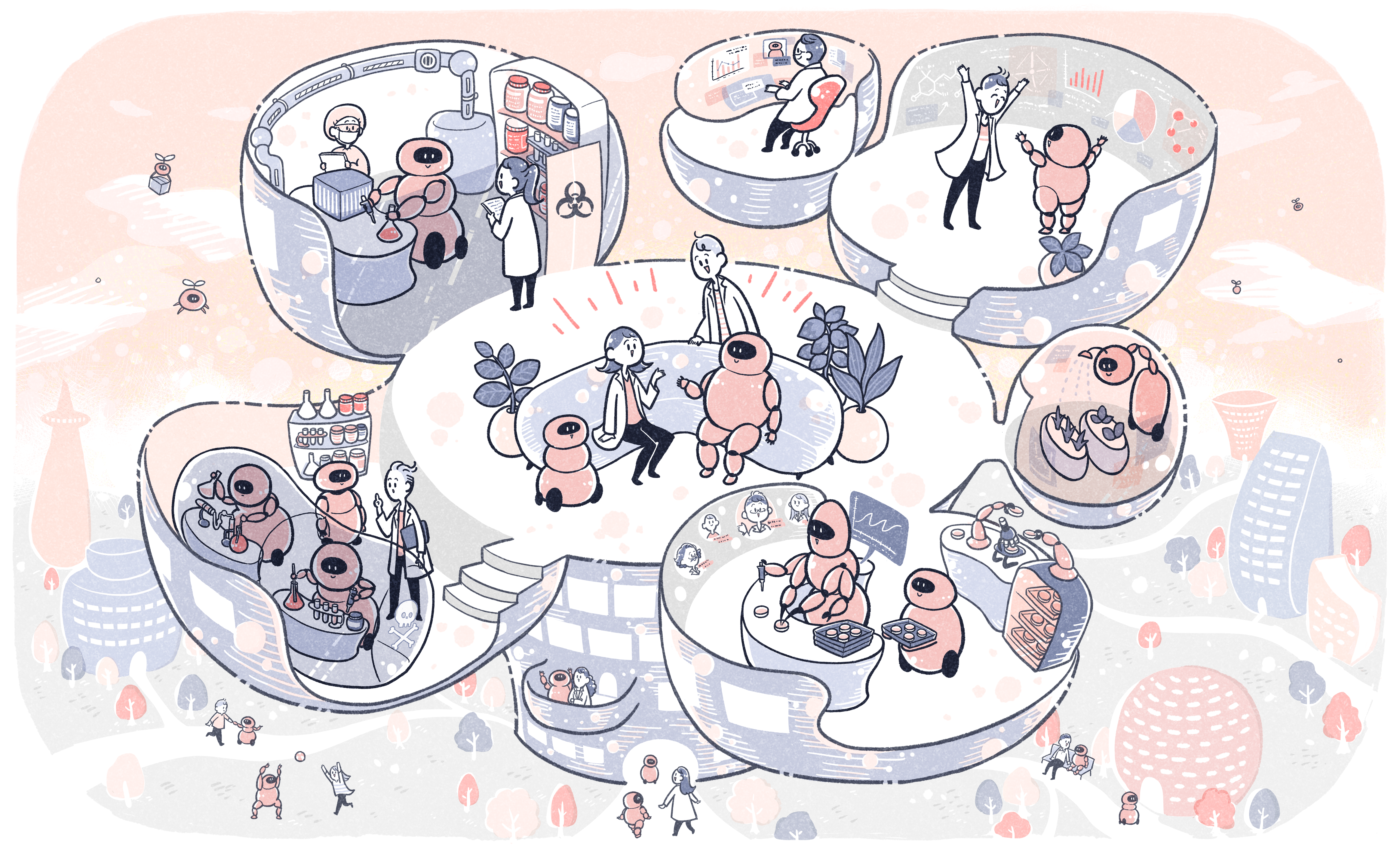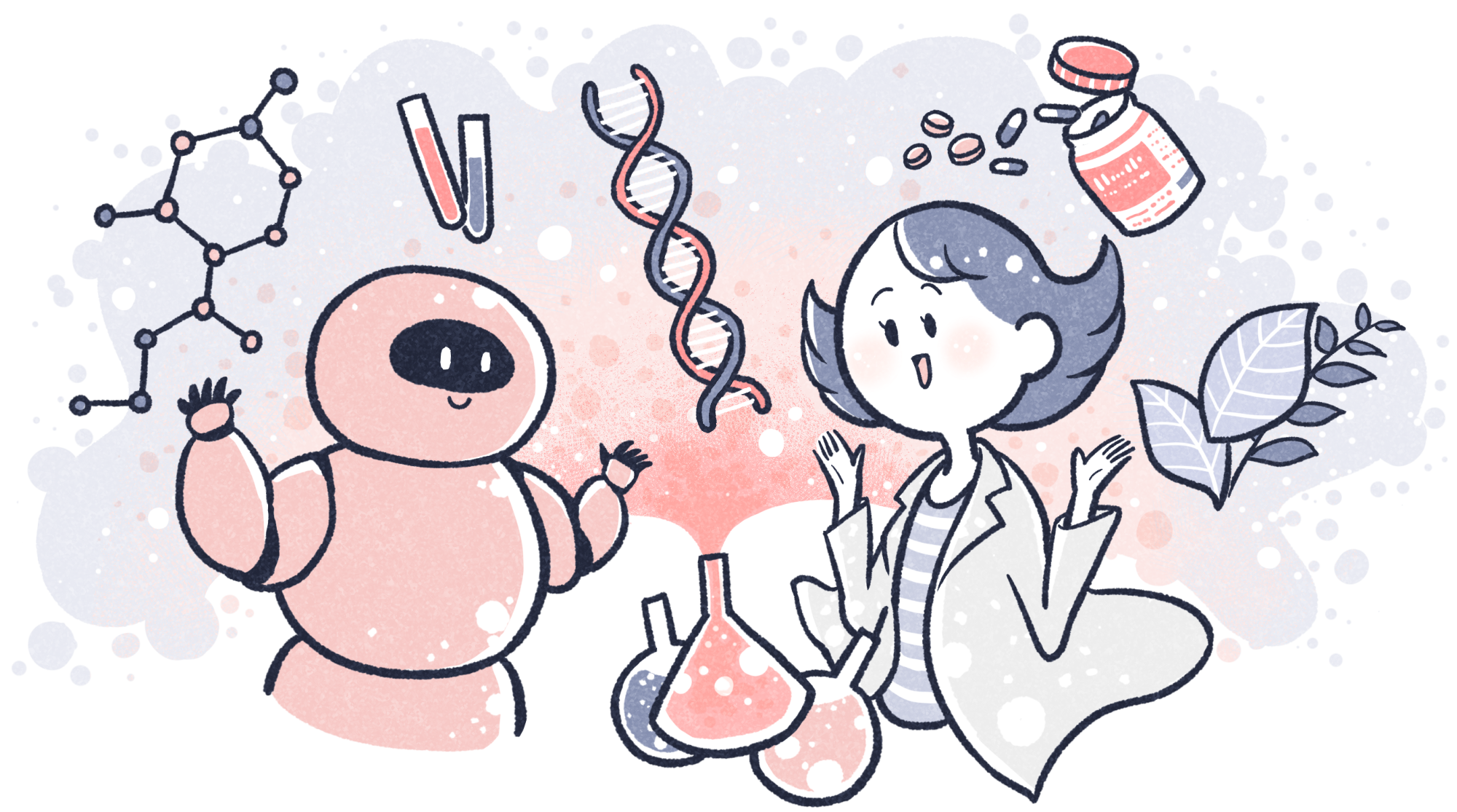Co-evolution of Human and AI-Robots to Expand Science Frontiers


- 1.1 Mathematics
- 1.2 Data science
- 1.3 Artificial intelligence fundamentals
- 1.4 Cognitive science
- 3.3 Engineering
- 3.4 Chemistry
- 3.5 Biology
- 3.6 Agricultural sciences
- 3.7 Medicine, dentistry and pharmacy
- 4.8 Ethics and philosophy
Kanako Harada
Graduate School of Medicine
Associate Professor
This project aims to develop AI-robots that conduct scientific experiments in challenging environments (e.g. in a hazardous atmosphere, or in a micro-scale setup), while interacting with scientists as their peers. AI robots and scientists will have freer interactions, and will work with unfamiliar objects and environments through trial-and-error together. By 2050 AI-robots will discover their own principles and solutions in the science fields.
Related links
Research collaborators
- Shogo Tanimura(Nagoya University)
- Yoshihiro Maruyama(The Australian National University)
- Tadahiro Taniguchi(Ritsumeikan University)
- Ichiro Takeuchi(Nagoya Institute of Technology)
- Kensaku Mori(Nagoya University)
- Kei Okada(The University of Tokyo)
- Fumihito Arai(The University of Tokyo)
- Nobuyuki Uozumi(Tohoku University)
- Yoshikatsu Sato (Nagoya University)
- Takanori Takebe (Tokyo Medical and Dental University)
SDGs
Contact
- Email: harada-ms-office[at]googlegroups.com
※[at]=@










